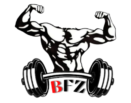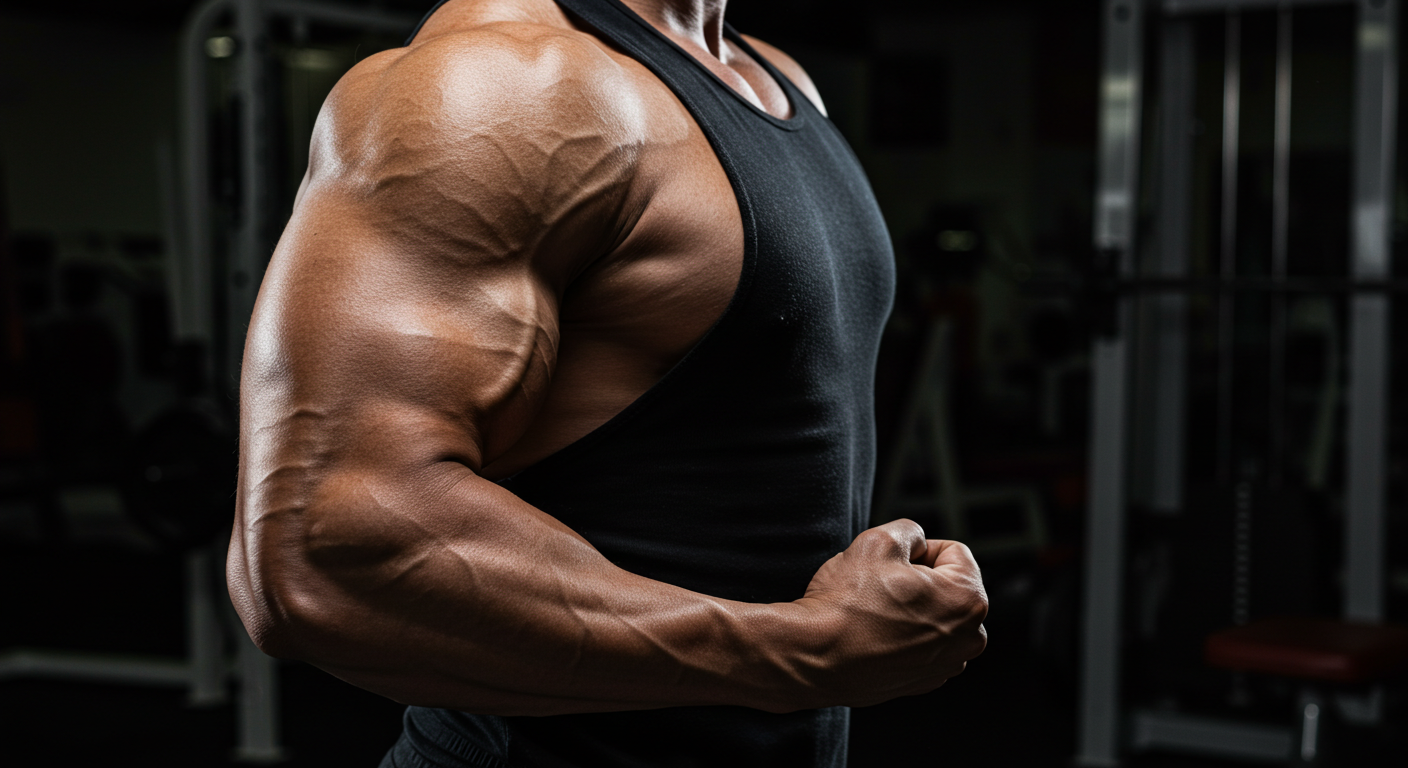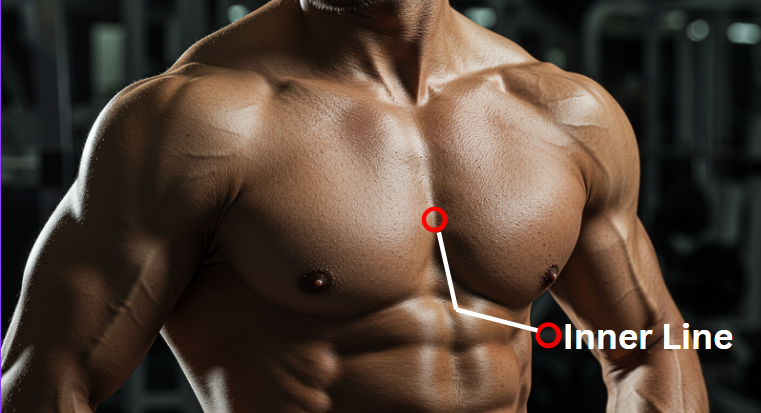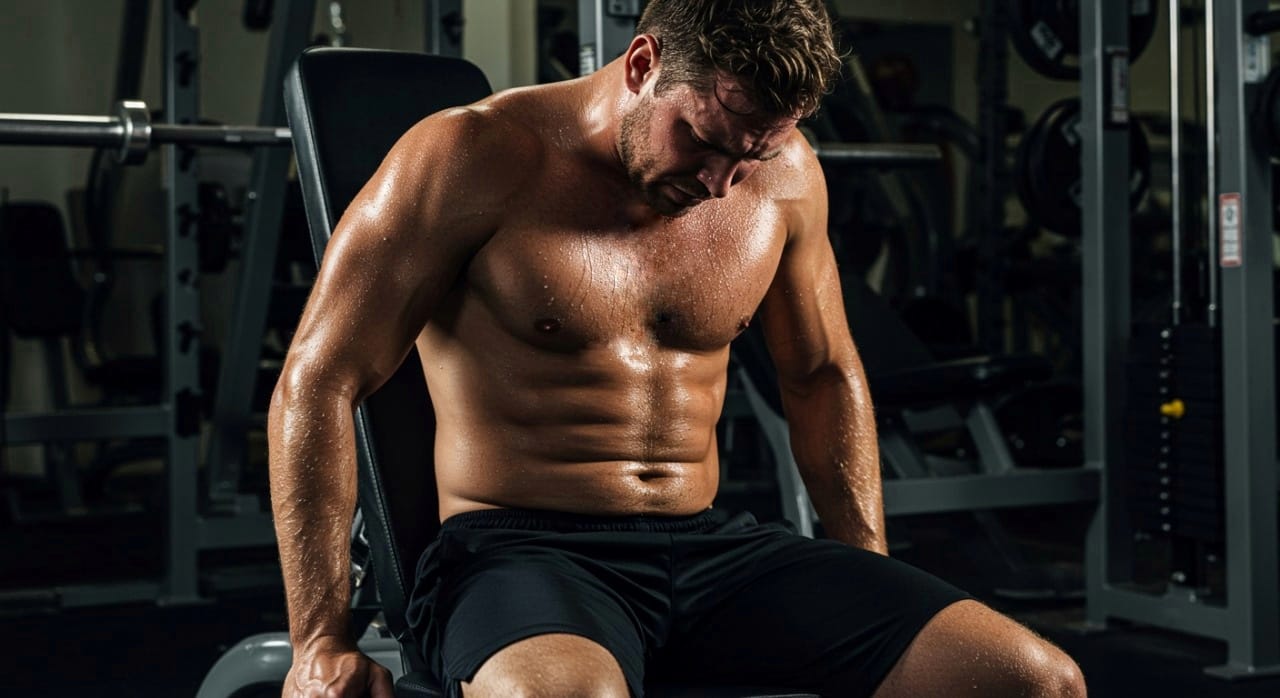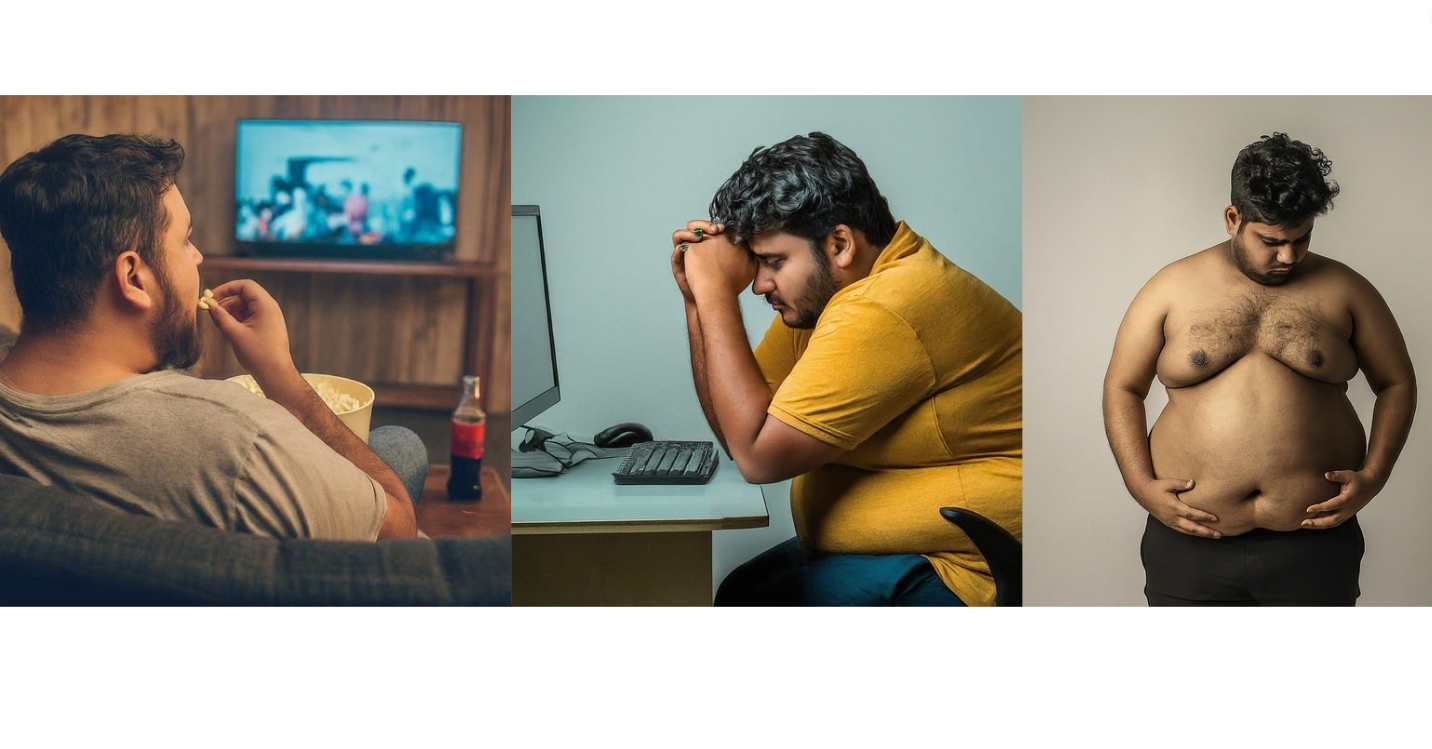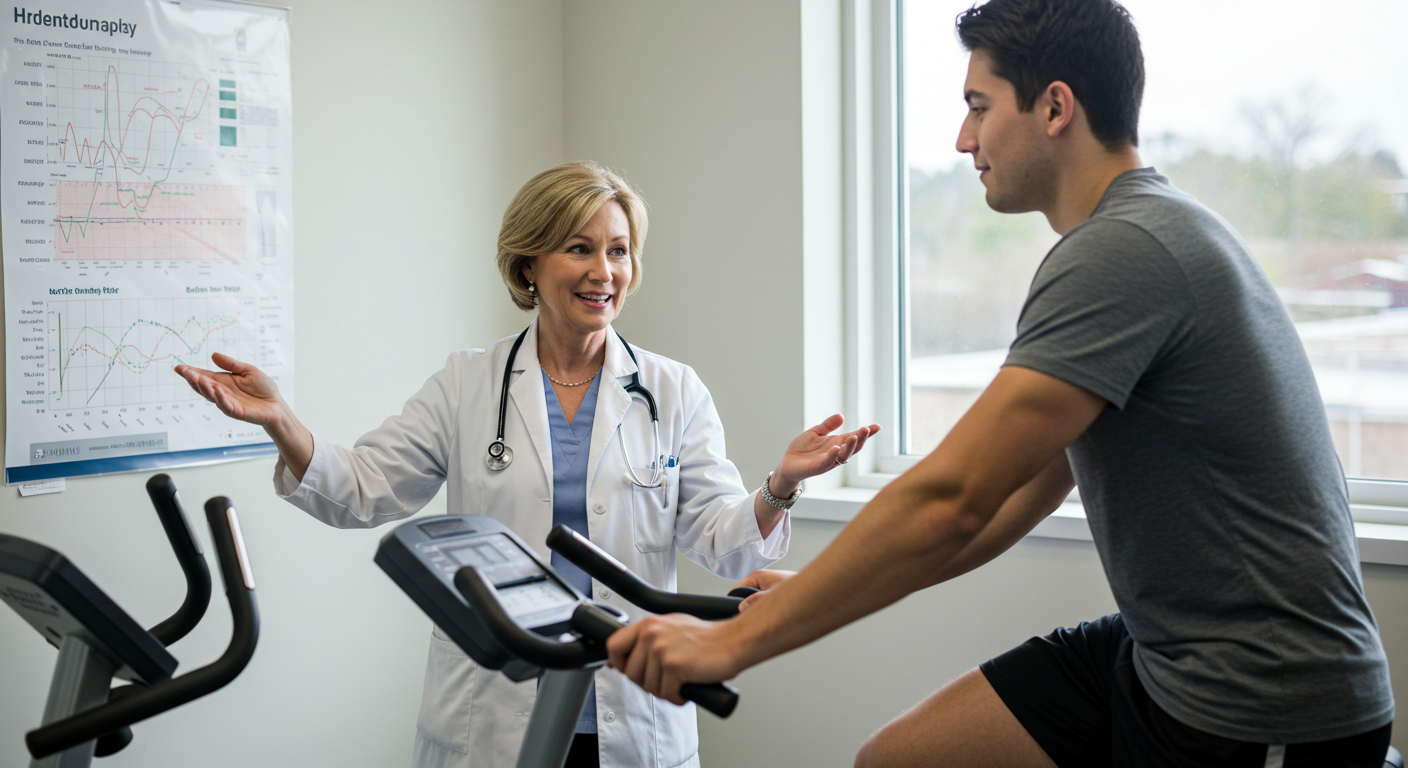Do you know that if you utilize your post-workout meal properly, you can gain 20%–25% more muscle and recover 15%–20% faster”? Yes, that’s the magic. For those who are trying to gain muscle, their common complaint is, ‘We are not getting our desired results. What’s the problem?’ The problem might be relying on your post-workout meal.

If you are a fitness enthusiast, no matter what your goal is—fat loss, weight gain, or general fitness—post-workout nutrition is the most important meal that will always keep you one step closer to achieving your goal faster and more effectively.
After a workout session, your body acts like a thirsty sponge, ready to absorb the nourishment it needs to heal and get stronger. That’s why post-workout nutrition is considered the most important nutrient component.”
What happens to your body after a workout?
When you do intense training, such as resistance training and cardio, you create tiny tears in your muscle fibers, known as muscle breakdown, and your glycogen stores, which serve as your main energy source, are depleted. After the workout, your body starts repairing the muscle fibers and making them bigger than before. It also begins replenishing your glycogen stores instantly.
Additionally, some hormonal changes occur. Cortisol, a stress hormone released during the workout, helps increase your energy levels, but it is harmful because it promotes muscle breakdown. On the other hand, insulin sensitivity and growth hormones are activated after the workout, which is crucial for repairing muscles and making them bigger.
After the workout, your body enters a repair stage. All these functions won’t work if your body doesn’t get the nutrition it needs from the food you eat afterward. That’s why your body needs the post-workout meal immediately.
Key Components of the Post-Workout Meal
What you eat is important, but the amount of macronutrients you get from your meal matters most. Let’s start with the most important one:
Protein: The building block. Prioritizing protein in your post-workout meal is mandatory. After a workout, when your muscle fibers are torn and need to rebuild, protein comes into play. Aim to consume around 20–30 grams of protein post-workout.
When you consume protein, the amino acids are supplied to the fibers and begin repairing them. This process is called muscle protein synthesis (MPS). Protein stimulates this process, which is why it helps build new muscle fibers. It not only develops your muscles but also increases your strength and reduces inflammation, which can decrease muscle pain and stiffness.
Carbohydrates: This component is essential for replenishing the glycogen you depleted during the workout. It’s important to restore fuel for the next session. But remember, after a workout, choose fast-digesting carbs because your body craves quick replenishment. Some fast-digesting carb sources are:
- White rice
- Rice cakes
- Mashed potatoes
- White bread
- Wheat pasta
Fat: I would recommend avoiding healthy fats in post-workout meals. The reason is that healthy fats slow down digestion. After a workout, your body needs rapid protein and glycogen replenishment, but fat interferes with this absorption process. As a result, it also affects your insulin response. Quick carbs and protein enhance insulin response, which is necessary for muscle recovery. Consuming fat can hinder this process.
But there is a question: “What should the quantity of my meal be?” The recommended ratio of carbs to protein is 3:1, meaning you should consume 3 times more carbs than protein.
Meal Ideas for Different Goals
People go to the gym for various purposes, and for this reason, their meals are also designed with different components. The main three purposes are muscle gain, fat loss, and improved endurance for athletes.
Muscle Gaining
For those who want to build muscle, their meals should be rich in protein and carbs. Protein is needed to build muscle, and carbs are necessary to repair and grow muscle. Moreover, carbs are the main source of energy, and it’s important to be in a calorie surplus, which helps your muscles grow without gaining excess fat.
Example Meal Idea: Grilled chicken breast with roasted sweet potato and quinoa.
Aim for 30–40 grams of protein and 60–80 grams of carbs for an ideal meal.
Fat Loss
For fat loss, your meal should have moderate carbs and high protein. During fat loss, you want a meal that has a balanced level of nutrients to fuel your workout without storing excess energy. A balanced meal helps control hunger, maintain muscle mass, and burn more fat.
Example Meal Idea: Grilled salmon with steamed vegetables and brown rice.
Your carbs should make up around 30–40% of the meal, and they should focus on low glycemic index foods that keep your energy levels steady without spiking insulin. For example, brown rice, sweet potatoes, and oats.
Endurance Athletes
Meals for endurance athletes should be rich in carbs and full of hydration. Carbs produce glycogen, and maintaining electrolyte balance is crucial to ensure your best performance during workouts.
Example Meal Idea: Lean turkey with whole-wheat pasta and tomato sauce.
Aim for 60–70% carbs in your meal, and for electrolyte-rich drinks, coconut water and sports drinks are great options before and after workouts.
Meal Timing
Take your post-workout meal 45 minutes after finishing your workout for the best results. This period is known as the “Anabolic Window.”
Studies show that after a workout, the human body’s absorption rate increases by 30%–50%, meaning that when you eat, your body will absorb nutrients faster than at other times. This is optimal because if you wait too long, your body enters a state of muscle breakdown. So, if you want faster recovery, don’t forget to take advantage of the anabolic window.
Supplement (Protein & Creatine)
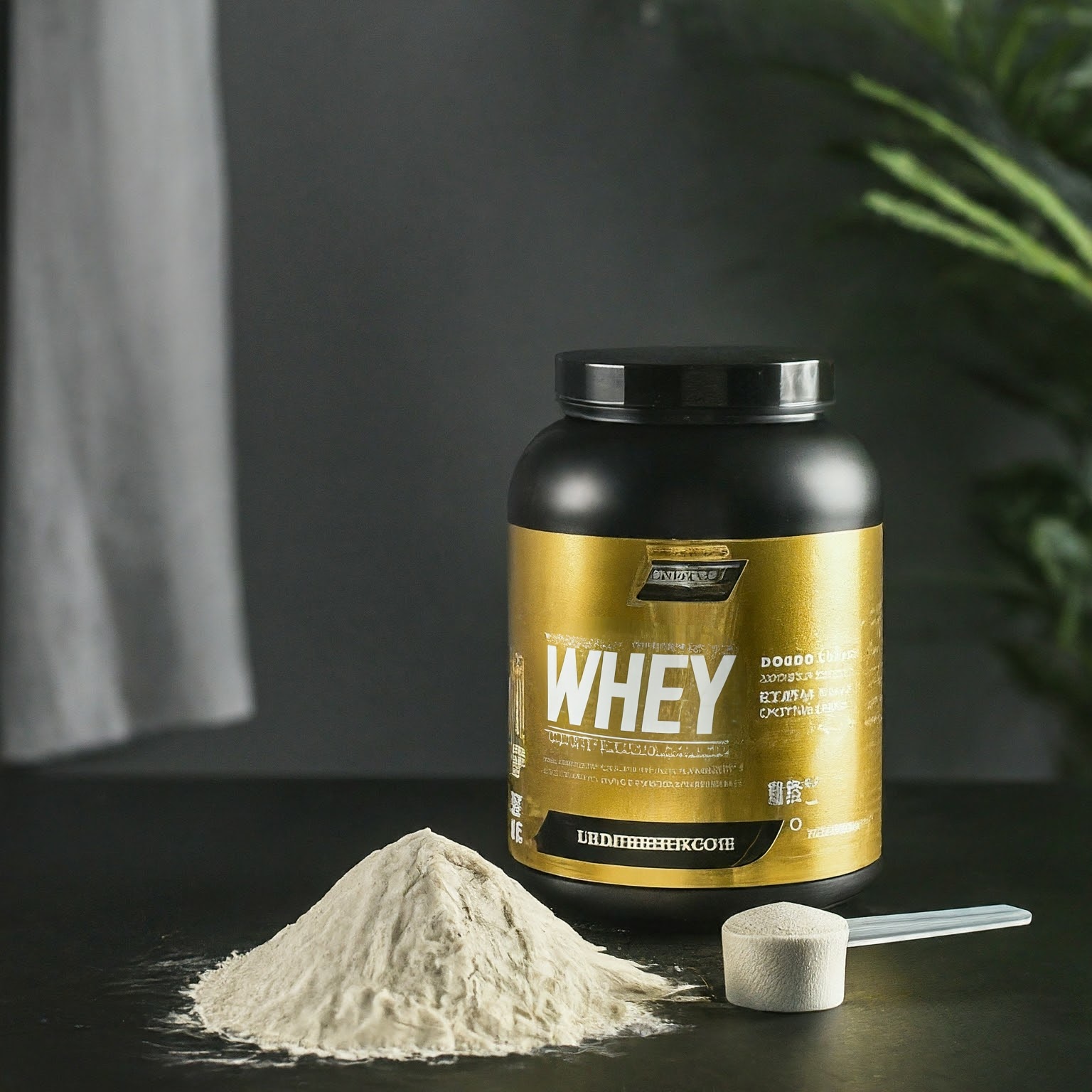
Supplements such as protein and creatine are a better option. When we eat food, our body starts breaking it down into smaller particles, and through digestion, it separates the macronutrients like carbs, protein, and fat. These are then supplied to the body according to its needs, fulfilling our nutritional requirements. However, this process takes a long time—around 4–5 hours.
On the other hand, when you consume a supplement, it usually comes in the form of protein, so your body doesn’t need to go through the process of separating macronutrients. The supplement takes only 15–20 minutes to digest and supplies the amino acids (like Glutamine, BCAA, Tyrosine, Serine, etc.) to your muscles through blood flow, which ensures faster recovery—around 15%–20%.
Meal Plan
I suggest you take your meal in two stages. First, consume your protein shake, and then 20–25 minutes later, have your meal.
You must take the protein immediately after your workout session. To prepare your protein shake, first take a measurable shaker and add 200 ml of water. Then, add one level scoop of your protein powder. Shake it well for 15–20 seconds to ensure it mixes thoroughly.
If you’re a vegetarian, add 5 grams of L-Glutamine to your protein shake. It’s helpful for digestive health, reduces stress, supports your immune system, and promotes muscle growth and recovery.
And for the meal,
Meal | Ingredient | Macros |
1. Grilled Chicken with Rice and Veggies | – 5 oz (150g) grilled chicken breast | – 35g protein – 60g carbs – 3g fat |
2. Egg Whites and Toast | – 8 large egg whites | – 30g protein – 75g carbs – 2g fat |
3. Tuna and Potato Bowl | – 1 can (4 oz) tuna in water | – 32g protein – 65g carbs – 2g fat |
4. Turkey Wrap with Fruit | – 4 oz (120g) sliced lean turkey breast | – 35g protein – 70g carbs – 2g fat |
5. Cottage Cheese and Rice Cakes | – 1 cup low-fat cottage cheese | – 30g protein – 65g carbs – 2g fat |
6. Grilled Tofu with Quinoa and Veggies | – 5 oz (150g) grilled tofu | – 32g protein – 60g carbs – 3g fat |
Here are some meal examples containing ideally balanced carbs and protein, with low amounts of healthy fat.
Hydration
In post-workout, drinking 500–750 ml of water within 30–45 minutes is recommended. It’s important for maintaining our electrolyte balance. Water helps replenish electrolytes like sodium, potassium, magnesium, etc., for proper body function.
We sweat a lot and lose a significant amount of water during workouts. Water helps regulate our body temperature. Not drinking enough water can lead to various issues, such as muscle cramps, weakness, fatigue, dehydration (which can cause muscle loss), and reduced performance in future workout sessions.
The Bottom Line
The most important meal of the day for a person is their post-workout meal, which should never be skipped. Otherwise, you won’t be able to achieve your dream physique. If you follow the above-mentioned information correctly, you can be sure that you’ll always be one step ahead of anyone else.
Design your meal according to your goal, keeping the macronutrients in mind, and consume it within the anabolic window. And don’t forget about hydration. Supply the right nutrition afterward and see the magic.
